8 surprising facts about stellar career of Valentina Tereshkova, the 1st woman in space
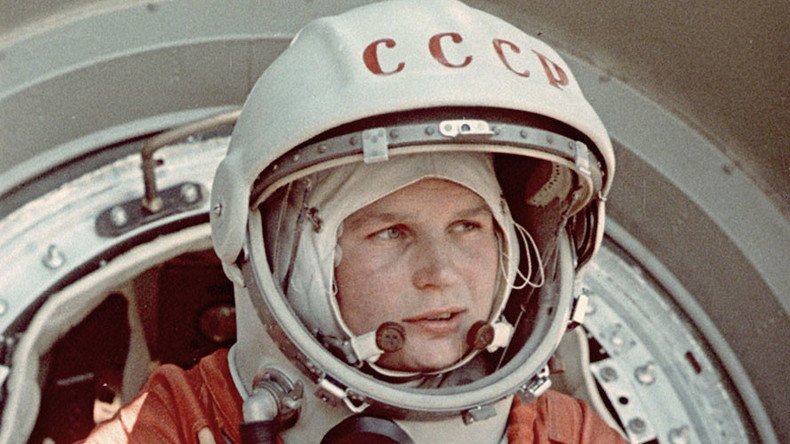
Soviet cosmonaut Valentina Tereshkova, who became the first woman in space when she was just 26 years old, is celebrating her 80th birthday on Monday. RT shares some of not so widely known facts about Tereshkova's groundbreaking endeavor.
Classified mission presented as parachuting contest
Tereshkova was the daughter of a tractor driver and a factory worker living in a village near Yaroslavl in central Russia.
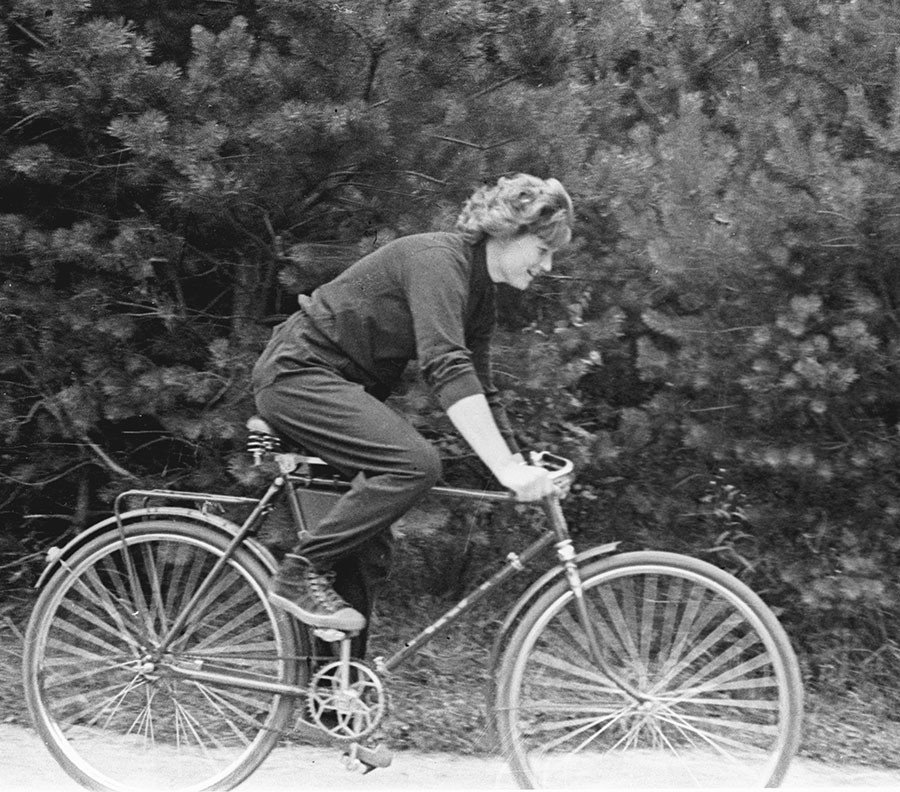
In her early 20s, she was a regional skydiving champion, and already had 90 jumps under her belt when she was selected ahead of more than four hundred applicants to pilot a spacecraft.
It later emerged that not only did her skydiving experience play a role in her selection, but her working class background and character were also key factors in her being chosen to become the first Soviet woman to be sent into orbit.
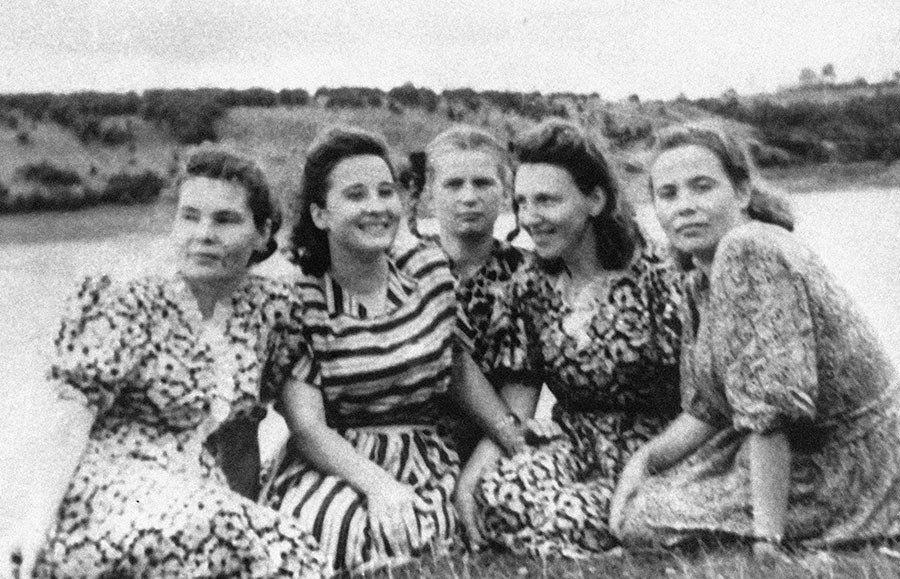
Four other candidates were also selected for the mission in 1962, with the five young women together having gone through months of extremely tough training. But it was Tereshkova – described as "Gagarin in a skirt" by the man in charge of their training, Nikolay Kamanin – who was deemed the most suitable candidate.
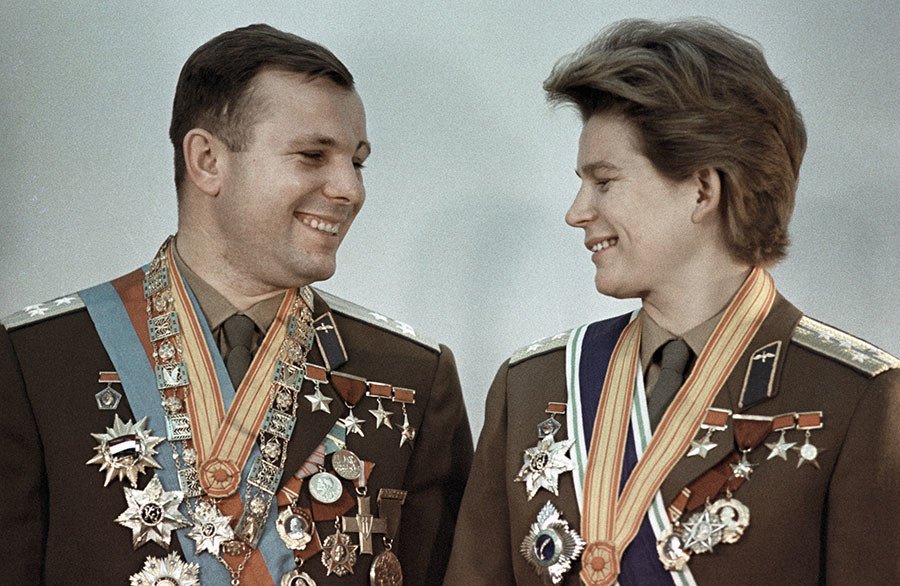
Up until the successful launch, the entire mission was classified. On the day of the flight, Tereshkova told her family she was leaving to take part in a parachuting contest. Valentina's mother only learnt about her daughter's real whereabouts on the radio, while Tereshkova was circling the Earth in space.
4,250 minutes on Vostok-6 spacecraft
Valentina Tereshkova became the first woman on the planet to travel into space on June 16, 1963, when her spacecraft, Vostok-6 was launched from Baikonur Cosmodrome, in present-day Kazakhstan.
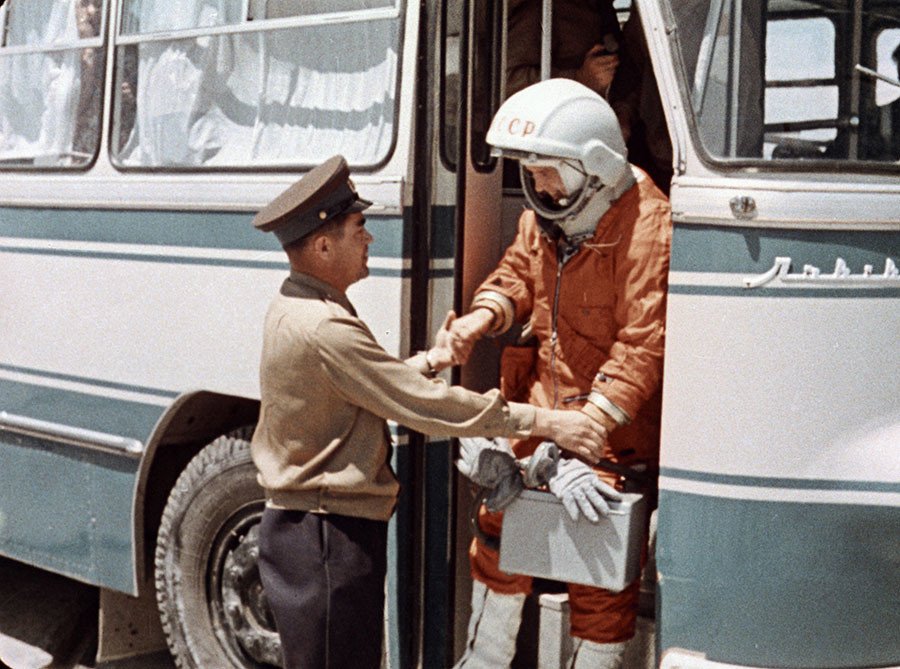
READ MORE: First Lady of Space: Tereshkova’s flight TIMELINE
The 26-year-old cosmonaut, who was given the call sign of Chaika (Seagull), spent almost three days – 70 hours 50 minutes – on the spacecraft. Her mission lasted longer than the combined time US astronauts had spent in space up to that moment.
Having orbited Earth 49 times, Tereshkova remains the only woman ever, to have been on a solo space mission.
Craving for bread and sick in her spacesuit
The food appeared to be quite a challenge for the cosmonaut.
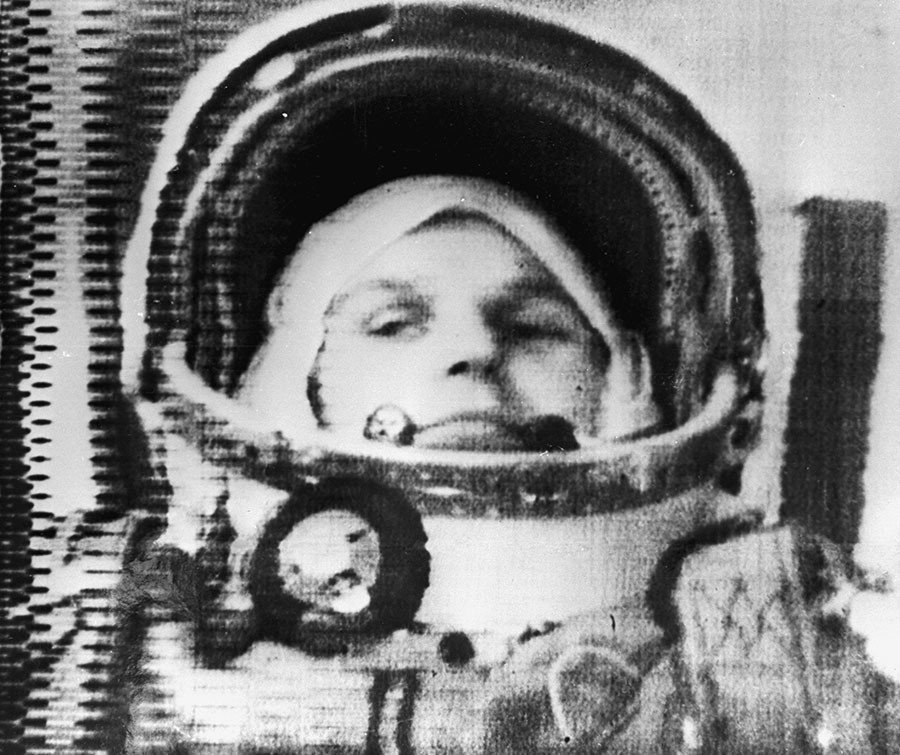
"The bread is stale – I didn't eat it. I was craving for black bread, potatoes, and onions. The water is chilly and pleasant. Juices and beefsteaks were also fine. I vomited once, but that was not because of vestibular disturbance, that was because of the food," Tereshkova wrote of her tubed cosmonaut food in her diary. However, she later said her sickness was a result of tinned fish and a lemon pie she ate pre-flight.
The bulky spacesuit was also another challenge when it began to chafe. The pressure from the helmet also grew so strong, Tereshkova cried in pain, and at one point she was heard humming songs to stave off the agony.
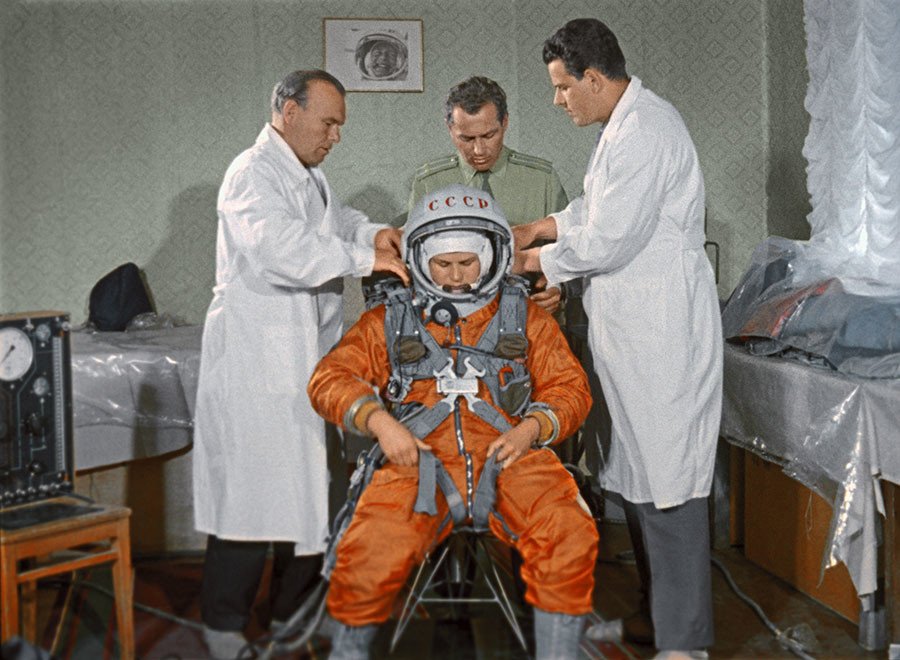
When the mission control center tried to reach her for the last communication session before landing, Tereshkova would not receive calls. The ground team then turned on the camera and found her asleep.
Broken pencils and major control program error
During Tereshkova's space mission, there had been a grave emergency situation on board, which the cosmonaut had kept secret for decades.
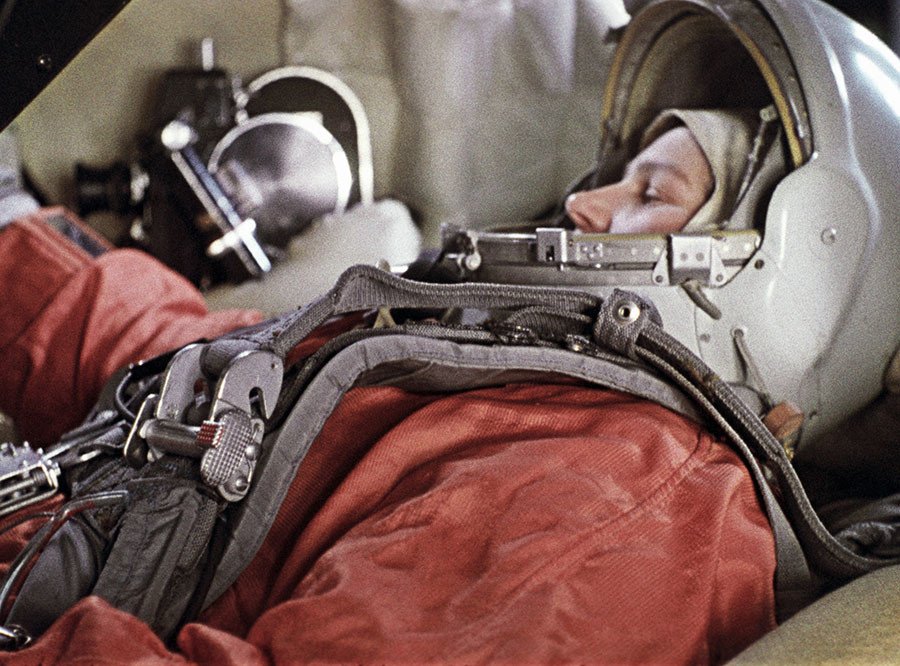
Only recently, did she break her silence and admitted publicly that there had been an error in the control program that made her spaceship ascend from orbit instead of descending.
Back in 1963, aboard the Vostok-6, she reported the issue to the mission control center, and manually entered the correct data into the program, to be able to return to Earth.
After the successful landing, Sergey Korolyov, the lead Soviet rocket engineer, came up to her and begged to not tell anybody about the incident.
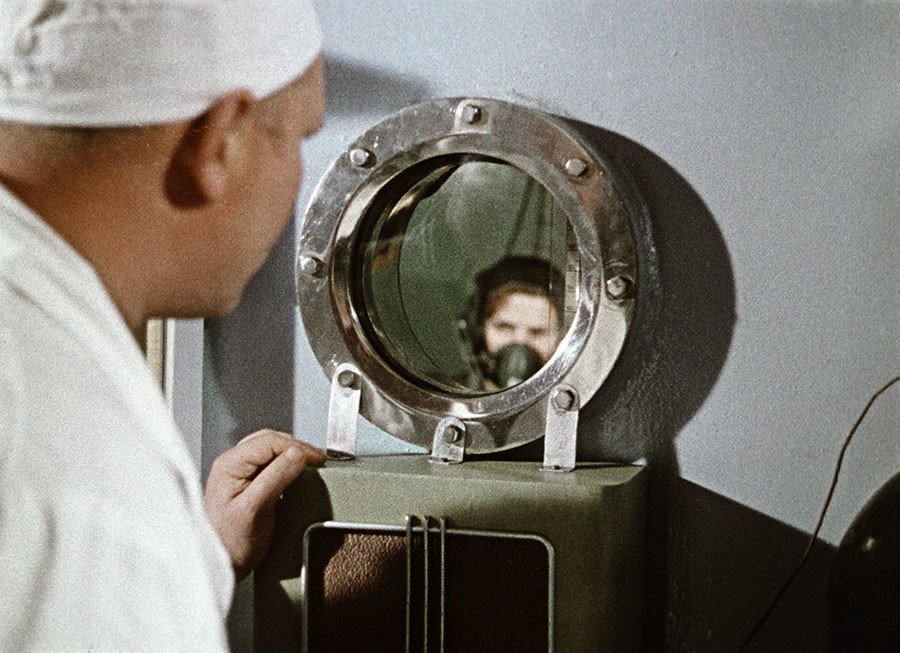
In space, she didn’t keep her log. Tereshkova said she failed to do so, as both her pencils broke.
Landing with a bruised nose
Valentina Tereshkova's Vostok-6 space capsule landed on June 19, 1963, in Russia's Altai region, in southern Siberia. It was a rather hard landing for the cosmonaut, as she had difficulty controlling the parachute.
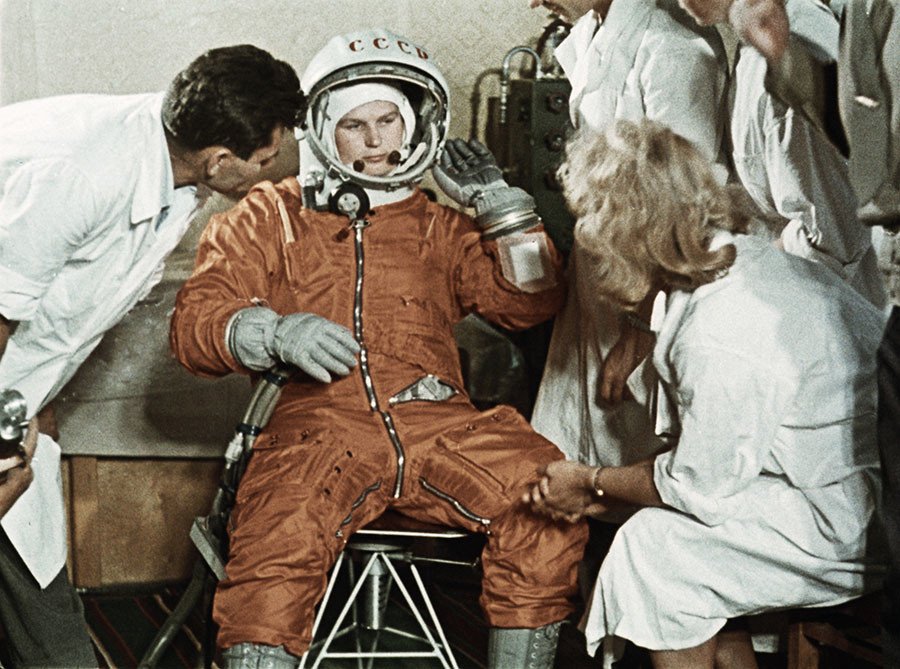
Tereshkova recalled that she was carried by strong winds and even had to "stand on her head" for a short while during her descent. When she finally managed to unstrap the parachute, she ended up "with a big bruise" on her nose, she said.
Landing re-enacted
Doctors had to conceal Tereshkova's bruise as the day following her actual landing, the scene was reenacted to be filmed. The cosmonaut was put back in her capsule and actors played the people running up to it. One of the actors opened the capsule, with an unscathed and smiling space pioneer emerging.
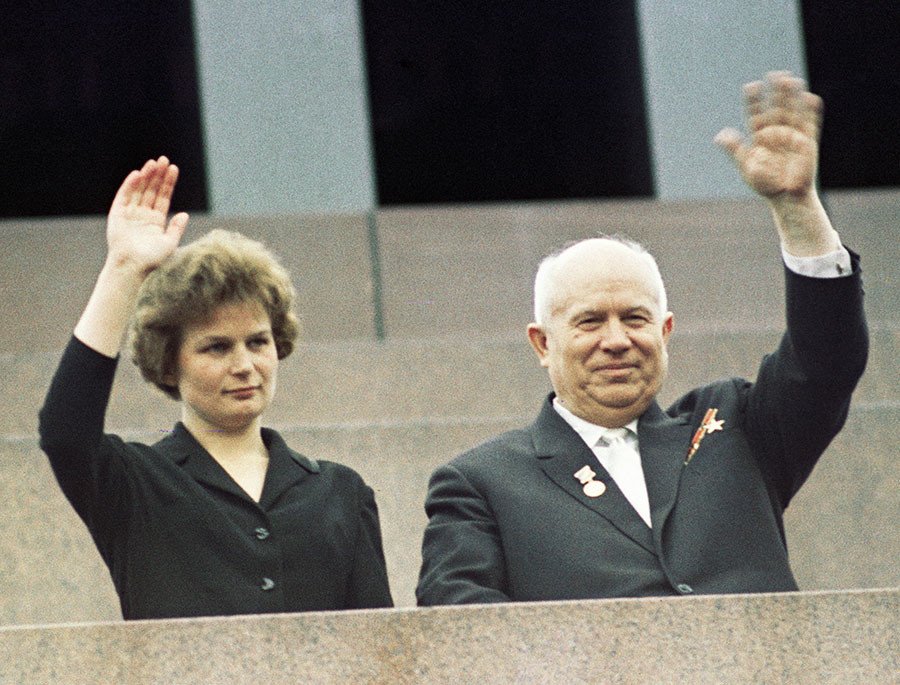
This footage then made headlines across the world.
Mother of the first space couple's child
In the same year of her space mission, Tereshkova got married to the third Soviet cosmonaut, Andrian Nikolayev. During the world’s first ‘space marriage,’ with a lavish state wedding, the Soviet leader at the time, Nikita Khrushchev, was present himself.
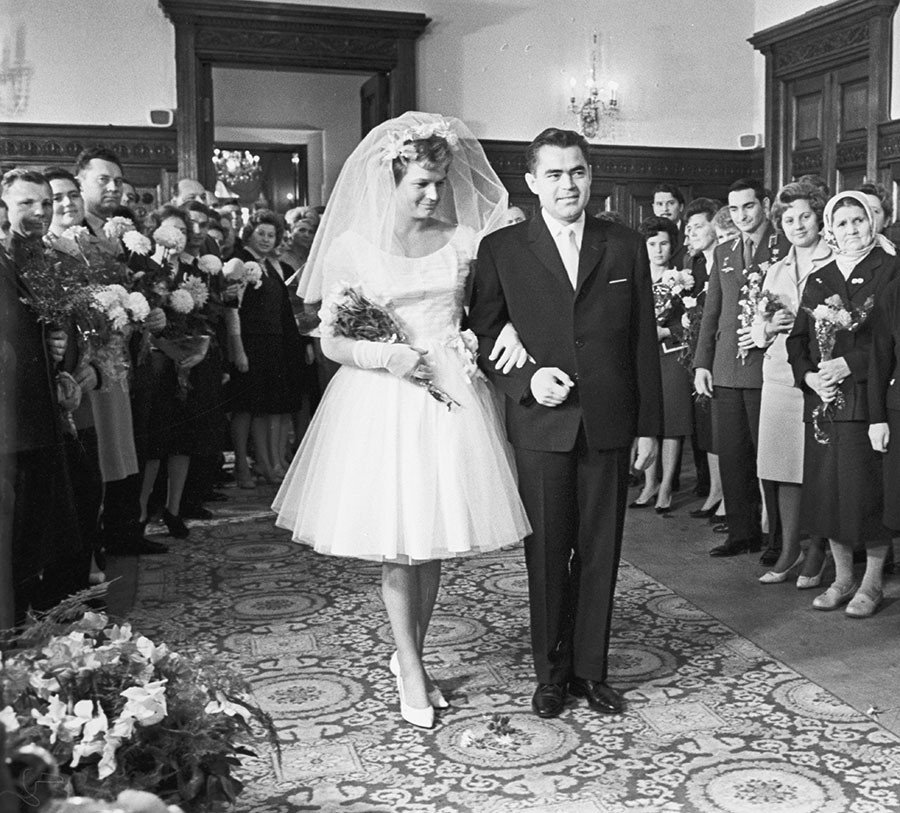
There have been speculations (angrily dismissed by the couple) that the marriage was conducted at the behest of scientists, who wanted to study the effects of space travel on reproduction.
In June of 1964, Tereshkova gave birth to her first and only child, a daughter named Elena. The girl became the first child in the world whose parents were both cosmonauts.
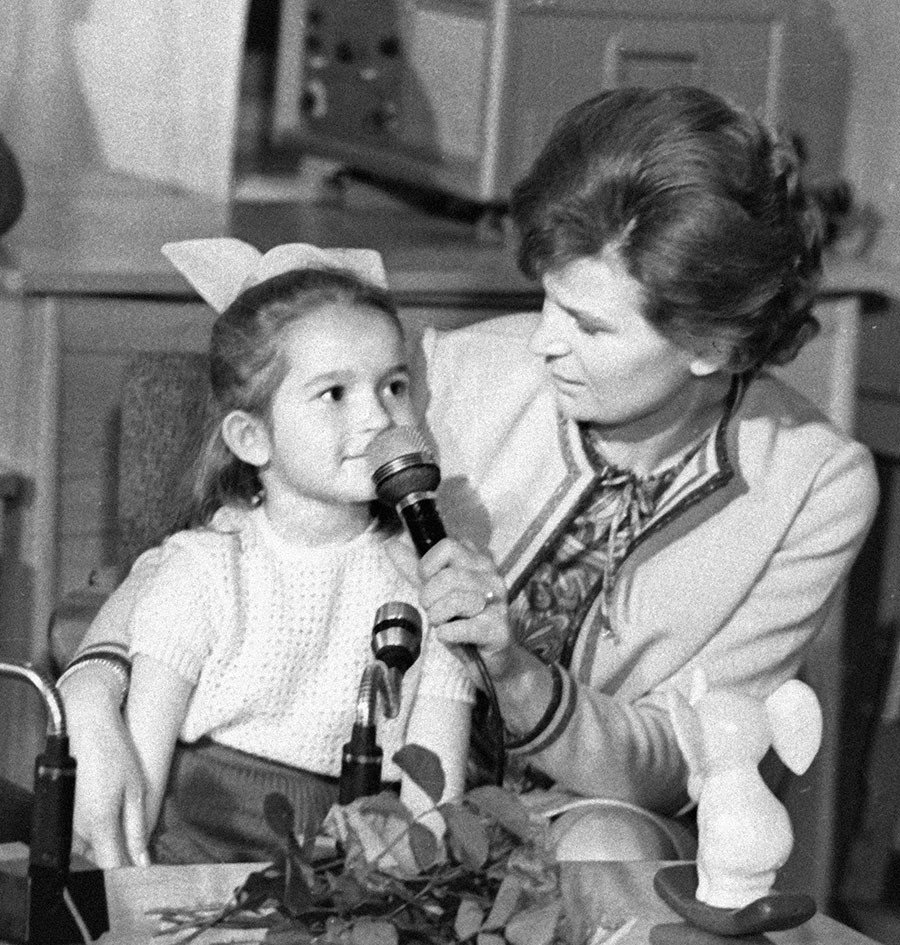
In 1982, when their daughter reached adult age, Tereshkova and Nikolayev divorced.
Career in politics
After her triumphant flight, Valentina Tereshkova became a worldwide celebrity and has been actively involved in social and political life.
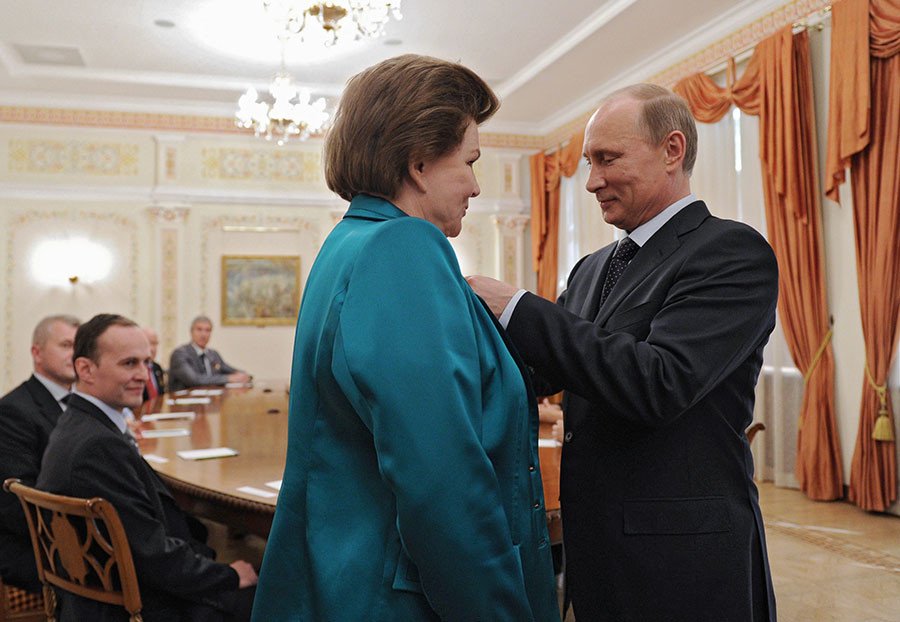
From the late '60s and for almost 20 years, she chaired the Committee of Soviet women – an organization established to unify efforts of the women of the USSR and other countries in the fight for peace and security among nations.
In modern day Russia, the retired cosmonaut was elected to the State Duma, the lower house of the Russian parliament. She has also been a deputy chairwoman of the Duma Committee on Foreign Affairs.
On the 50th anniversary of her pioneering space mission, Tereshkova received one of the highest Russian honors, the Order of Aleksandr Nevsky, from President Vladimir Putin.
WATCH RT'S DOCUMENTARY: SEAGULL IN SPACE












